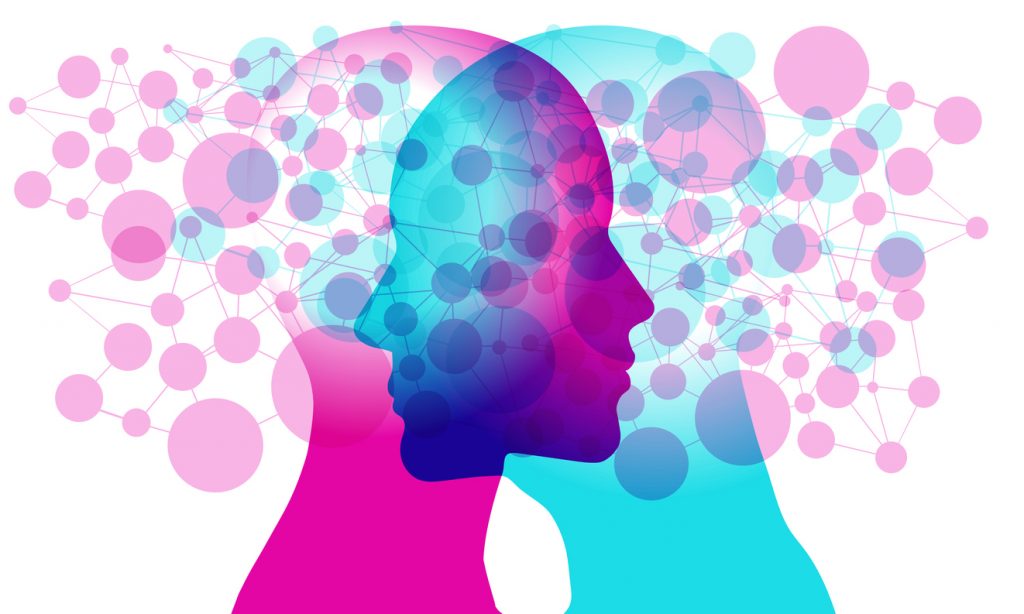The United Nations (UN) health officials have said that the ongoing coronavirus pandemic is causing a mental health crisis as millions of people across the world are surrounded by the disease and death, forcing them into isolation, poverty, and anxiety.
Devora Kestel, Director of the WHO’s Department of Mental Health and Substance, said, “The isolation, the fear, the uncertainty, the economic turmoil – they all-cause or could cause psychological distress.”
Kestel presented a UN report and policy guidance on coronavirus and mental health, stating that an upsurge in the number of COVID-19 cases and the complexity of psychological issues is likely. She said governments should put this issue “front and center” for their responses.
“The mental health and wellbeing of whole societies have been severely impacted by this crisis and are a priority to be addressed urgently,” she told reporters.
According to her report, several regions and societies have been found vulnerable to mental health issues, including children and youth isolated from school and friends, health workers who are handling thousands of COVID-19 patients.
Several studies have already shown that COVID-19 has a great impact on mental health globally.
Mental health experts say that children are becoming more and more anxious, increasing the number of anxiety and depression cases in several countries.
In addition, domestic violence has been on a rise, with health workers reporting an increased need for mental health support.
Last week, Reuters reported from interviews with American doctors and nurses who said they and their colleagues have been experiencing a combination of psychological symptoms, such as panic, anxiety, grief, irritability, insomnia, and nightmares.
The WHO’s report also mentioned that many people are distressed by the immediate health issues and the consequences of physical isolation. Also, many people are afraid of catching COVID-19 infection and dying from it, while others expressed concerns over losing loved ones.
The report added that millions of people are facing an economic crisis, losing their incomes and livelihoods and leading them to poverty.
The WHO report outlined action points for lawmakers to aim “to reduce immense suffering among hundreds of millions of people and mitigate long-term social and economic costs to society.” The problem should be addressed by offering psychological services and providing emergency mental health support through tele-counseling for health workers and people suffering from anxiety and depression.























